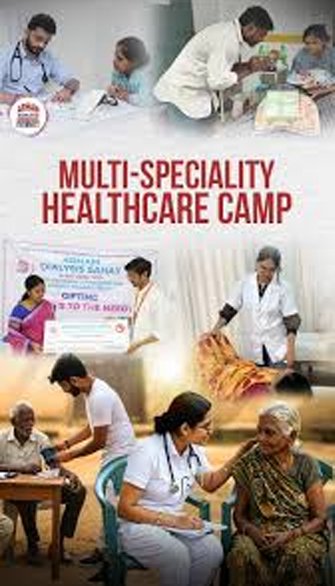Global Surge in Childhood CKD Exposes Deep Health Inequalities
February 14, 2026
Global Analysis Reveals Rising Pediatric CKD Burden and Persistent Health IneitiesChronic kidney disease (CKD) continues to impose...
READ MOREA lifestyle podcast that inspires healthier habits, mindful living, and everyday balance.”
“Your daily dose of trusted health news, keeping you informed, aware, and empowered.”

February 14, 2026
Global Analysis Reveals Rising Pediatric CKD Burden and Persistent Health IneitiesChronic kidney disease (CKD) continues to impose...
READ MORE
February 13, 2026
“Experts emphasize that early screening and vaccinations can help prevent miscarriages, birth defects, and lifelong disabi...
READ MORE
February 12, 2026
Advancements in medicine today have allowed for treatment of multiple sclerosis and other autoimmune diseases before any dam...
READ MORE
February 12, 2026
India Reaffirms E-Cigarette Ban, Shutting the Door on Philip MorrisNEW DELHI — The Indian government has officially ruled ...
READ MORE
February 12, 2026
The World Health Organization (WHO) is urging nations to drastically accelerate cataract surgical rates, following a new stu...
READ MORE“Discover trusted, top-rated doctors near you — expert care, closer to home.”
Health Champions are community volunteers who help their friends and neighbors learn more about health in their community.

Health background may come from being a nurse, medical or health care social worker, physician, medical researcher, or health science instructor.
Community members participate in Vaccine Literacy outreach. They share in reading out loud and discussing a story called Voices for Vaccines.
Vaccine Literacy is a non-judgmental and safe place to learn and ask questions. While the safety and benefits , community members are not pressured to get vaccines.